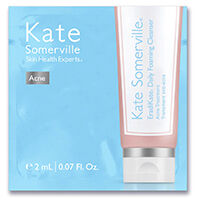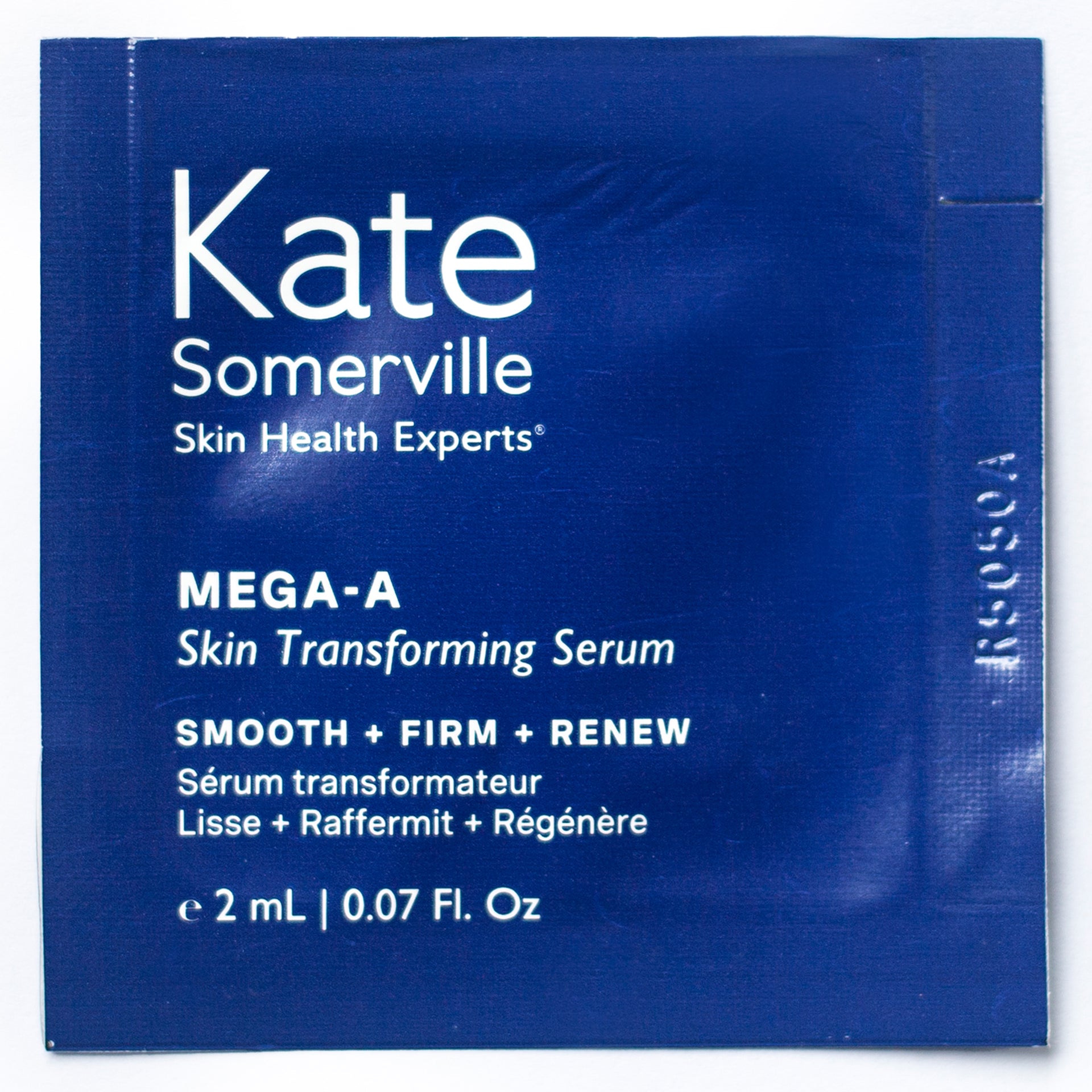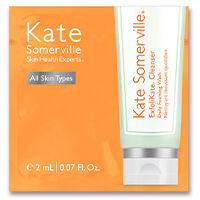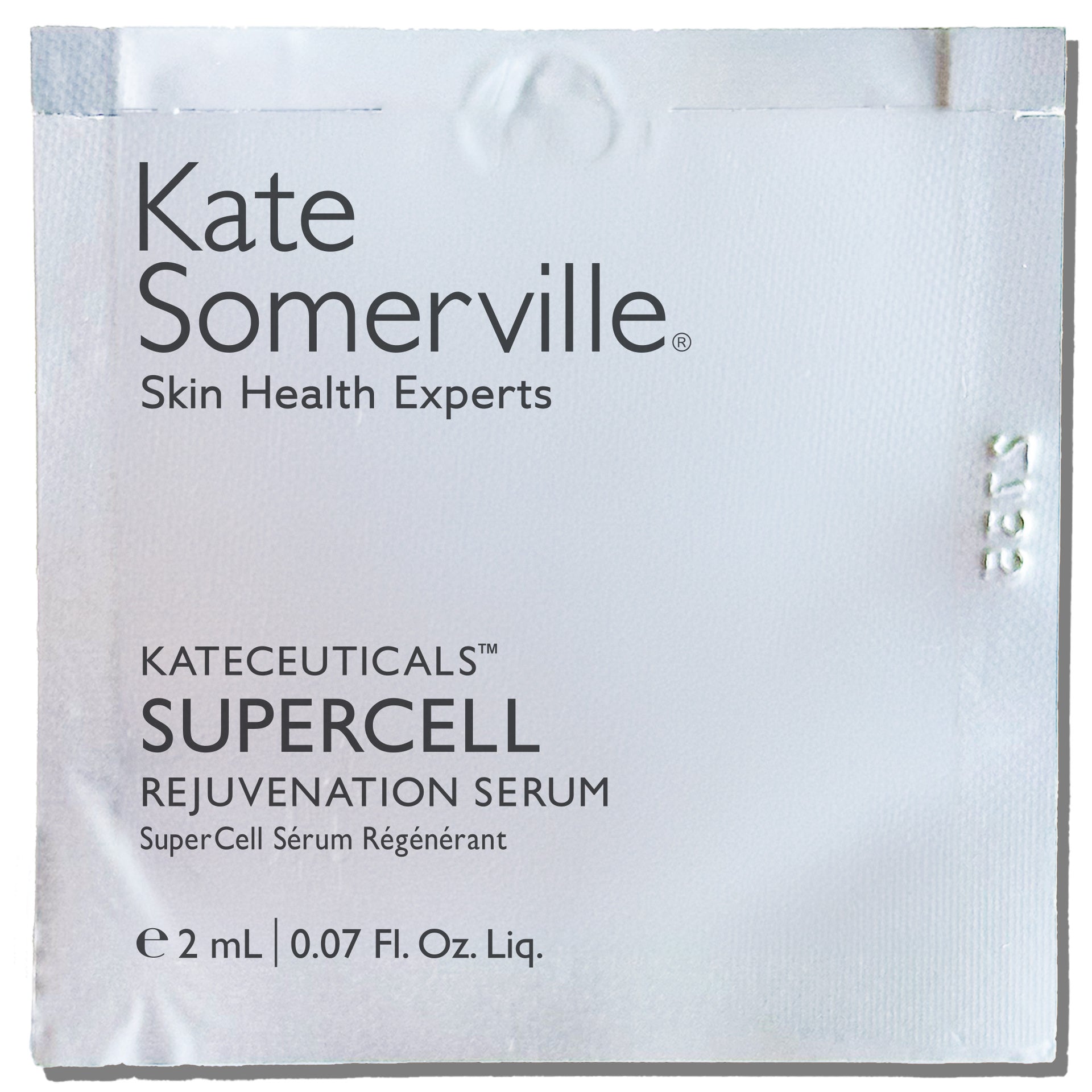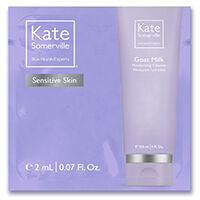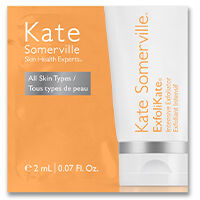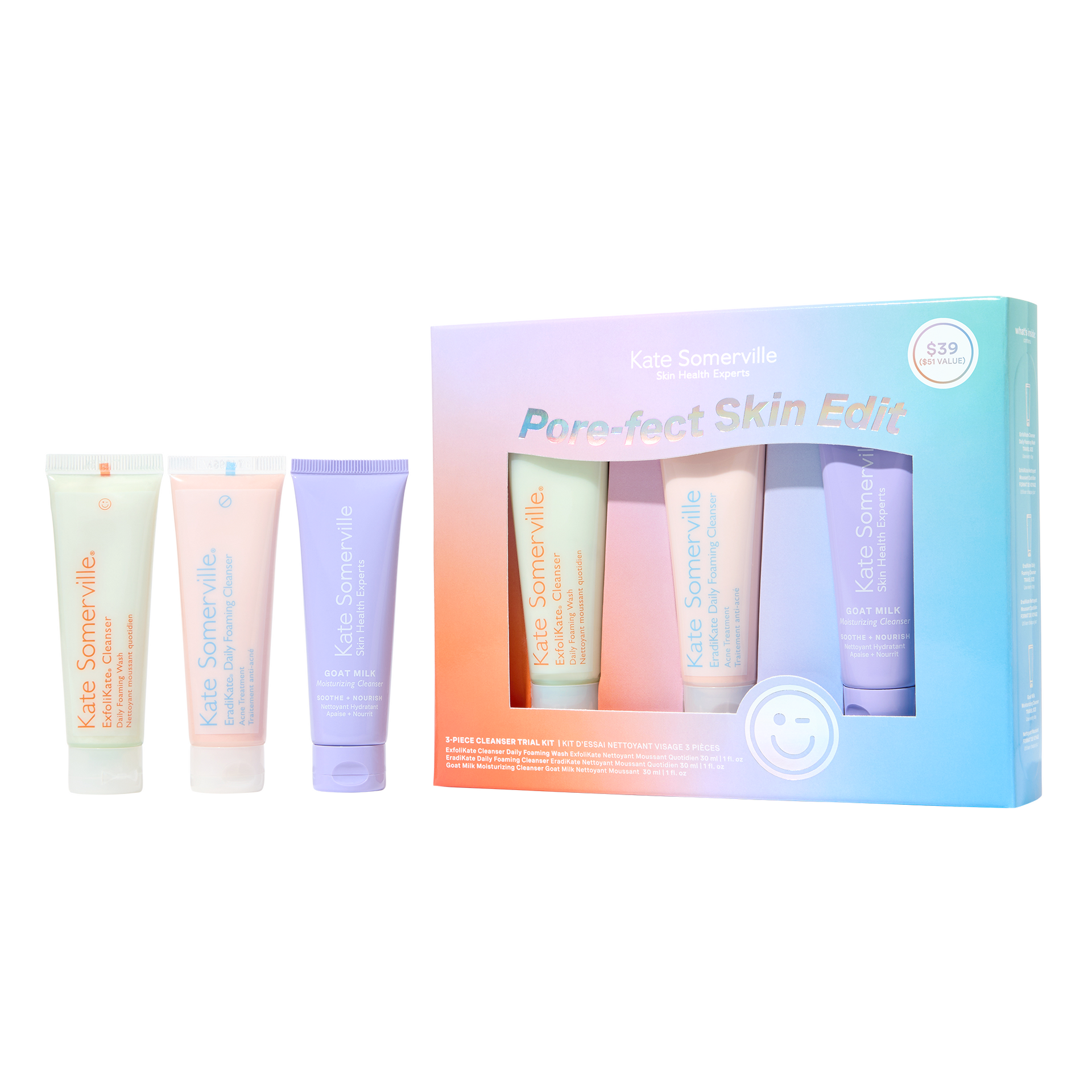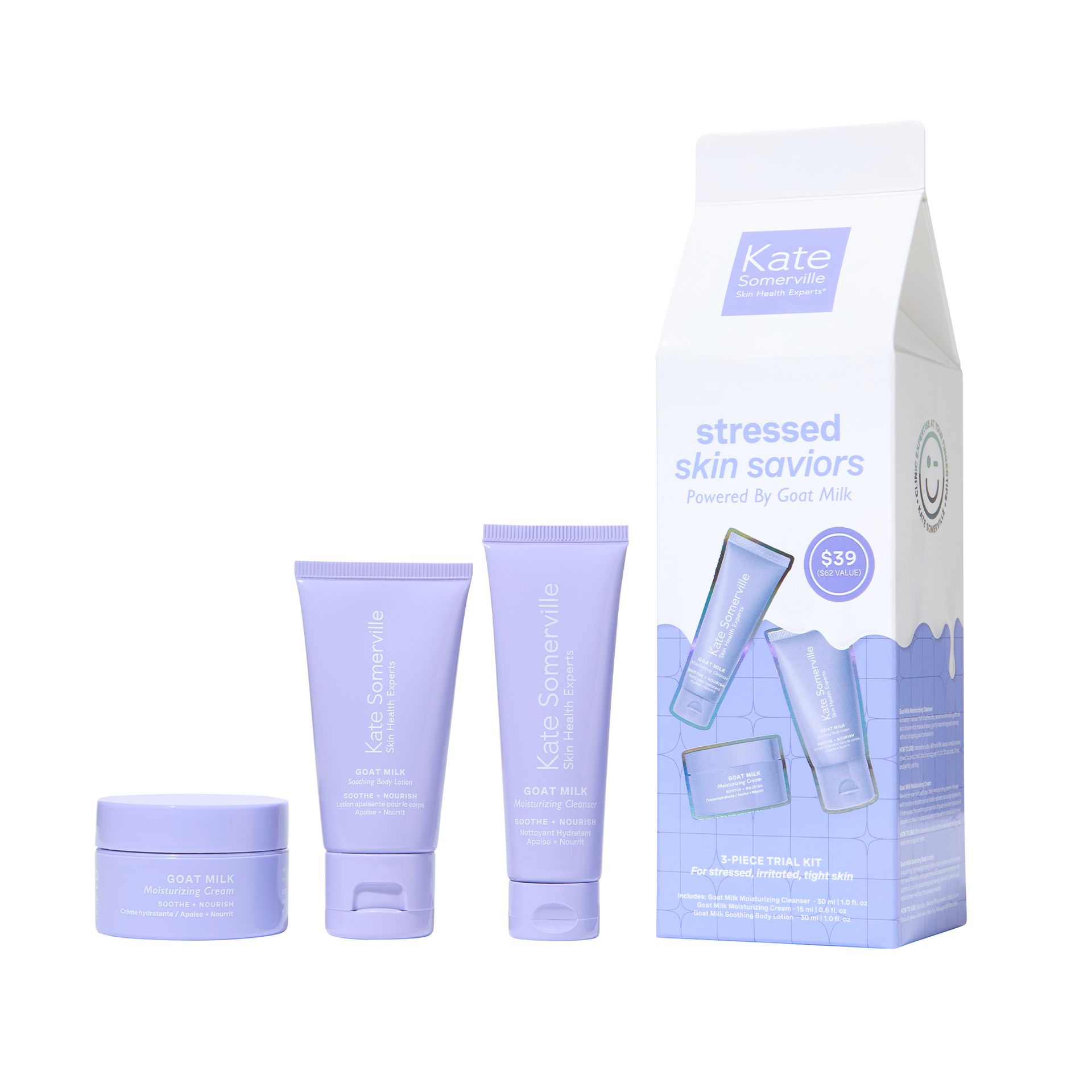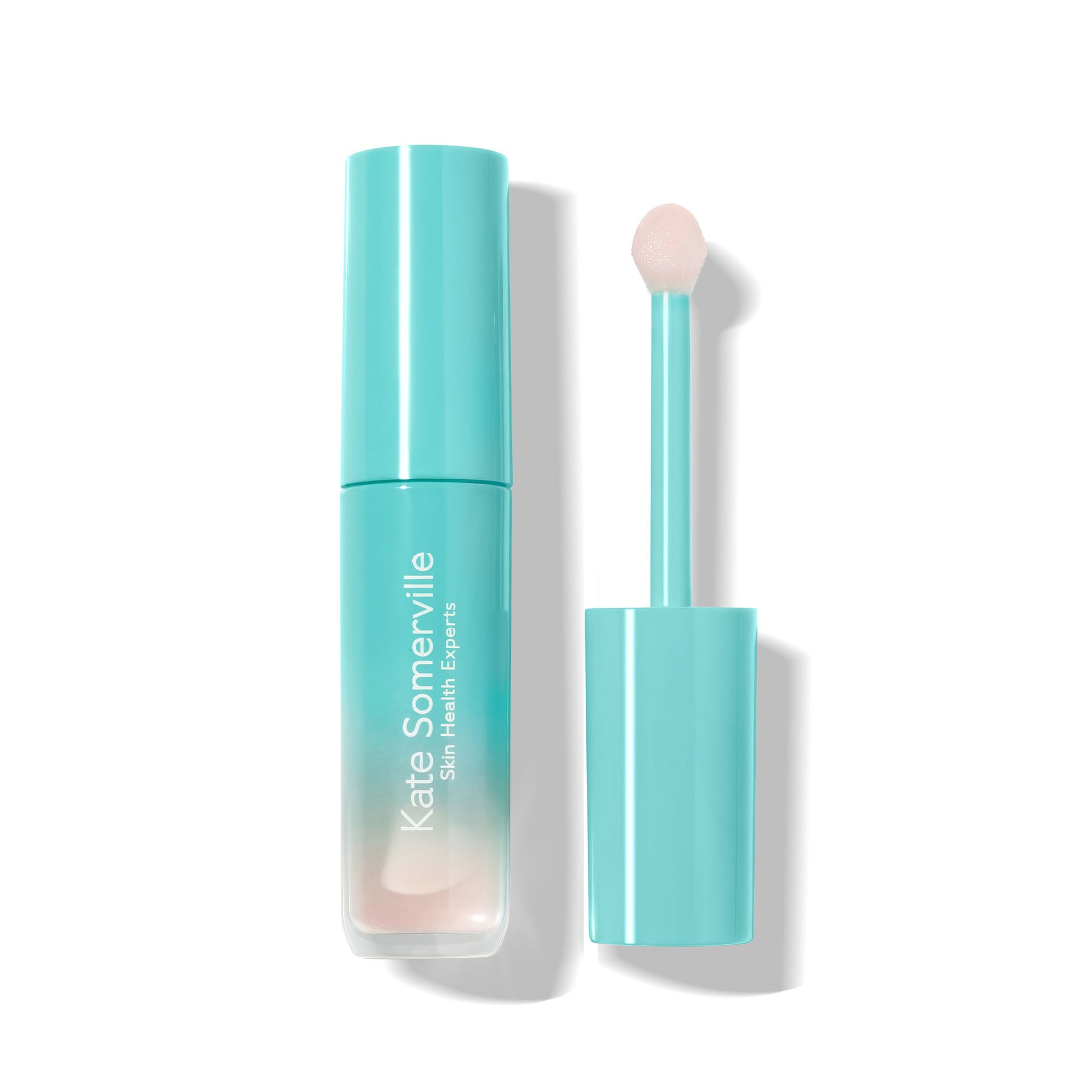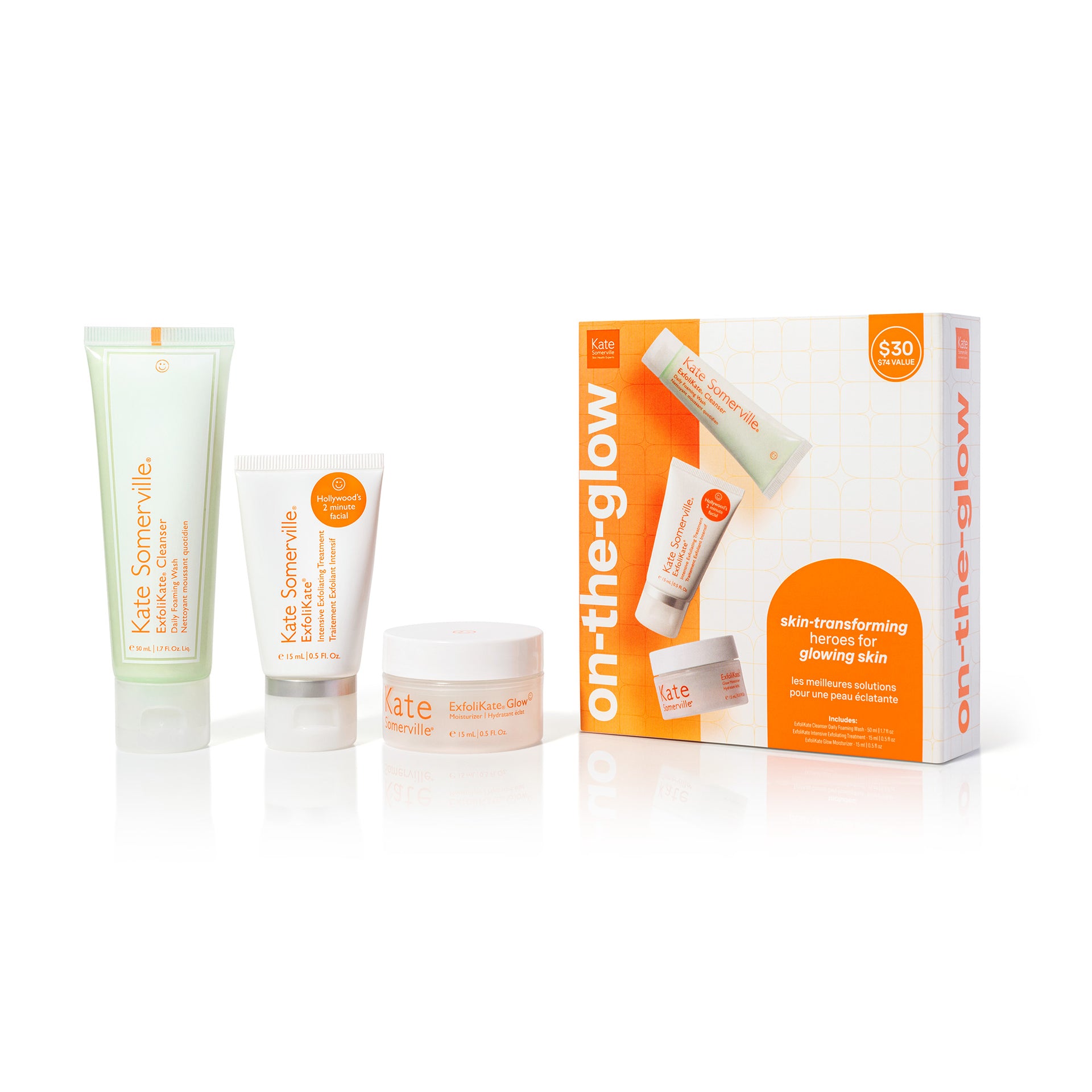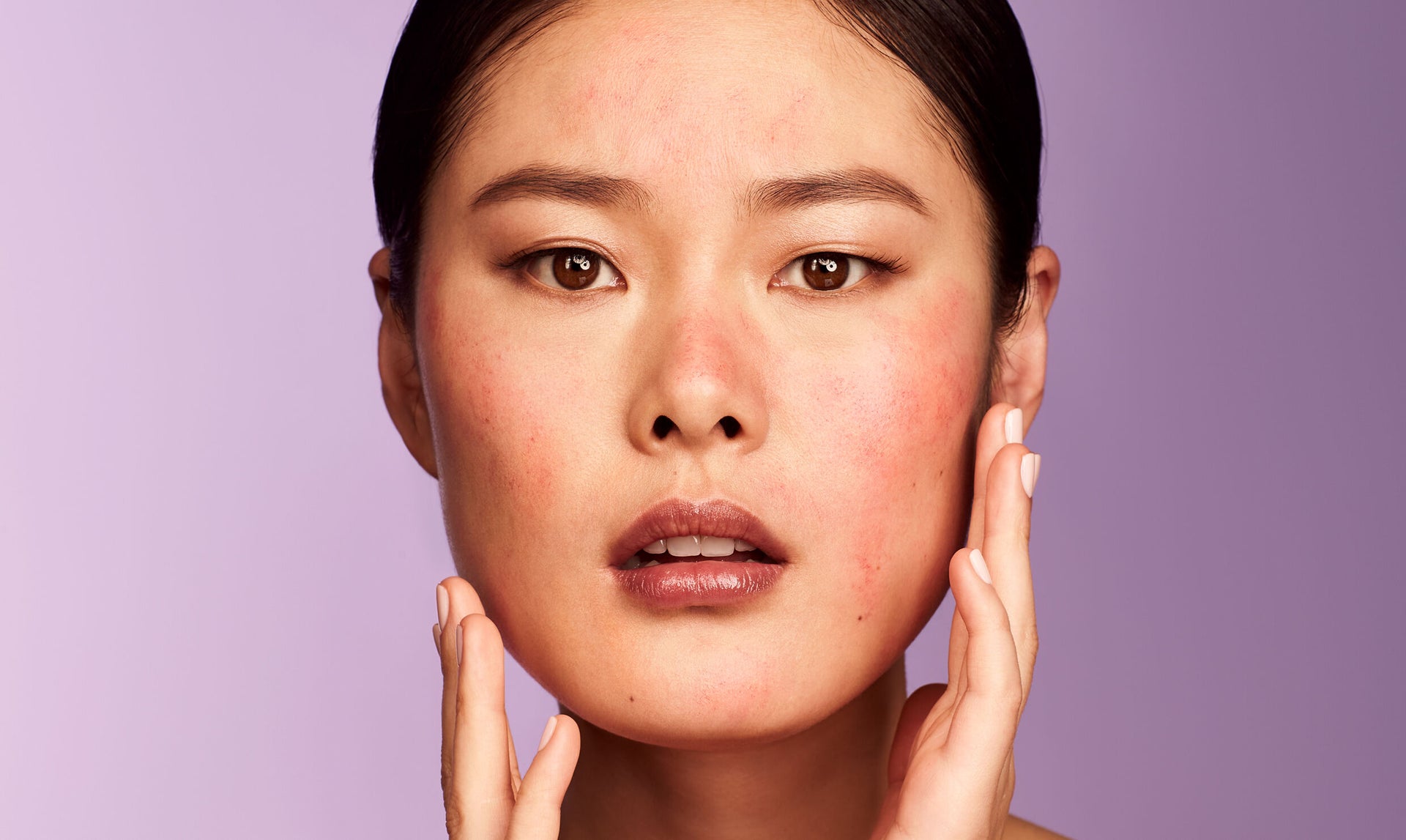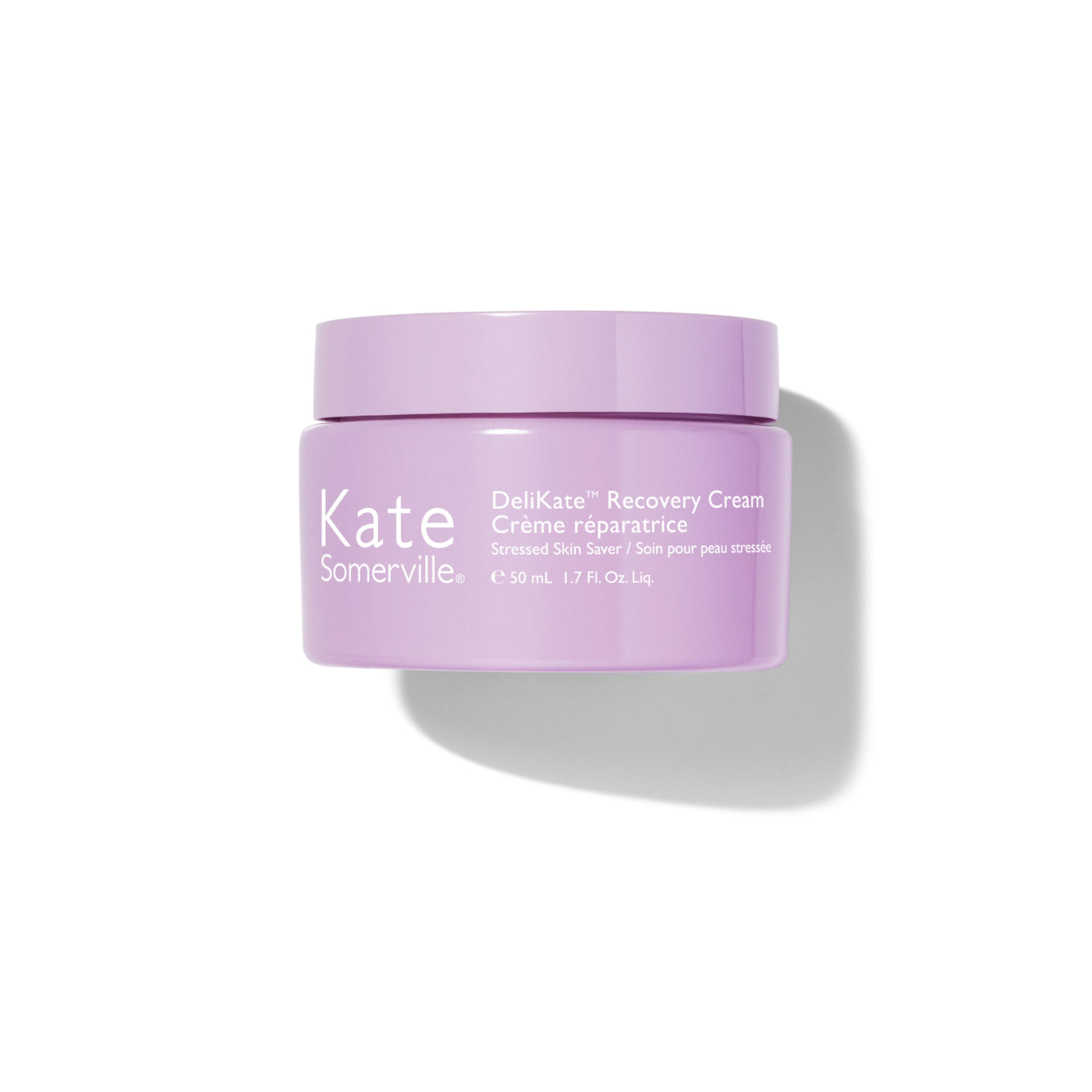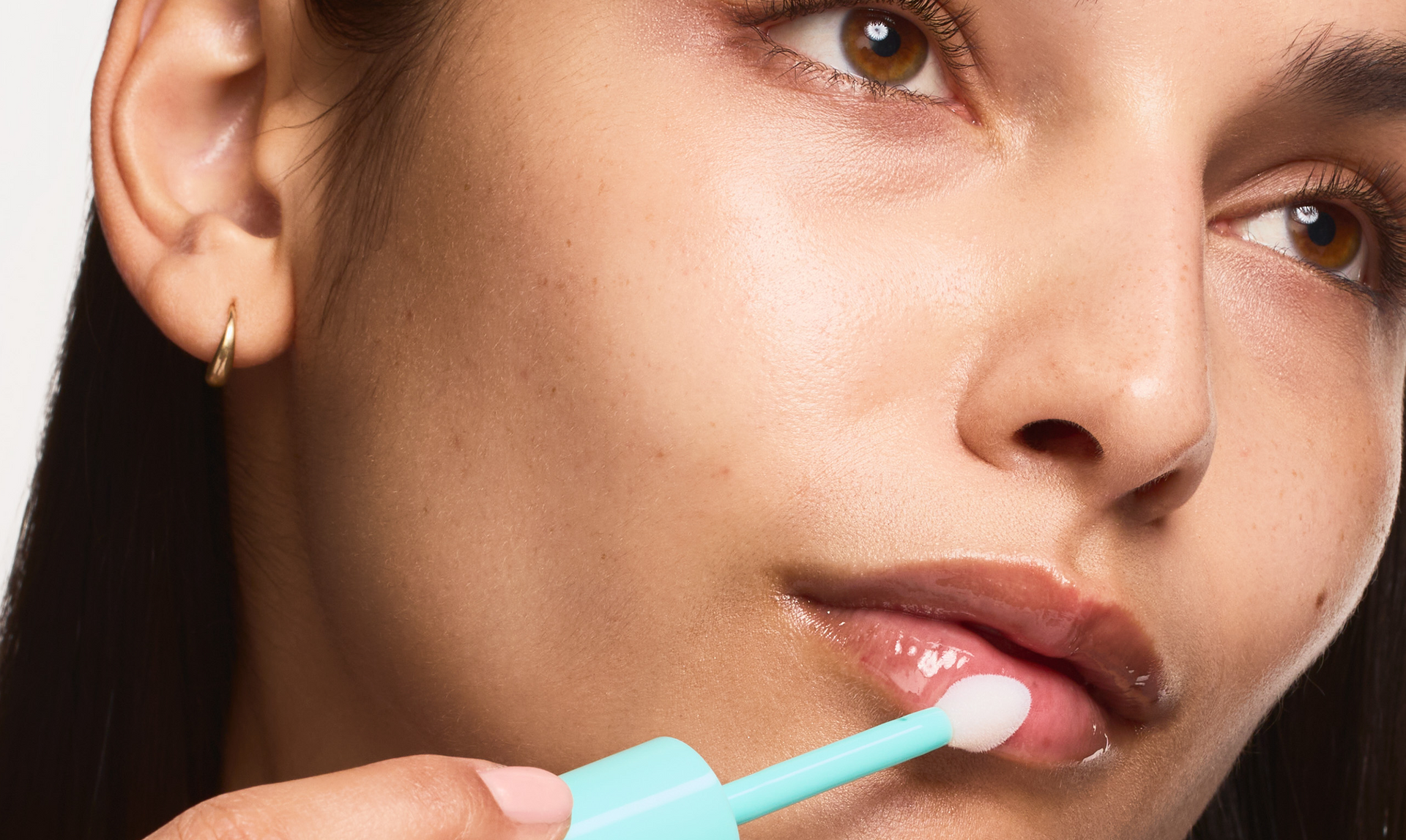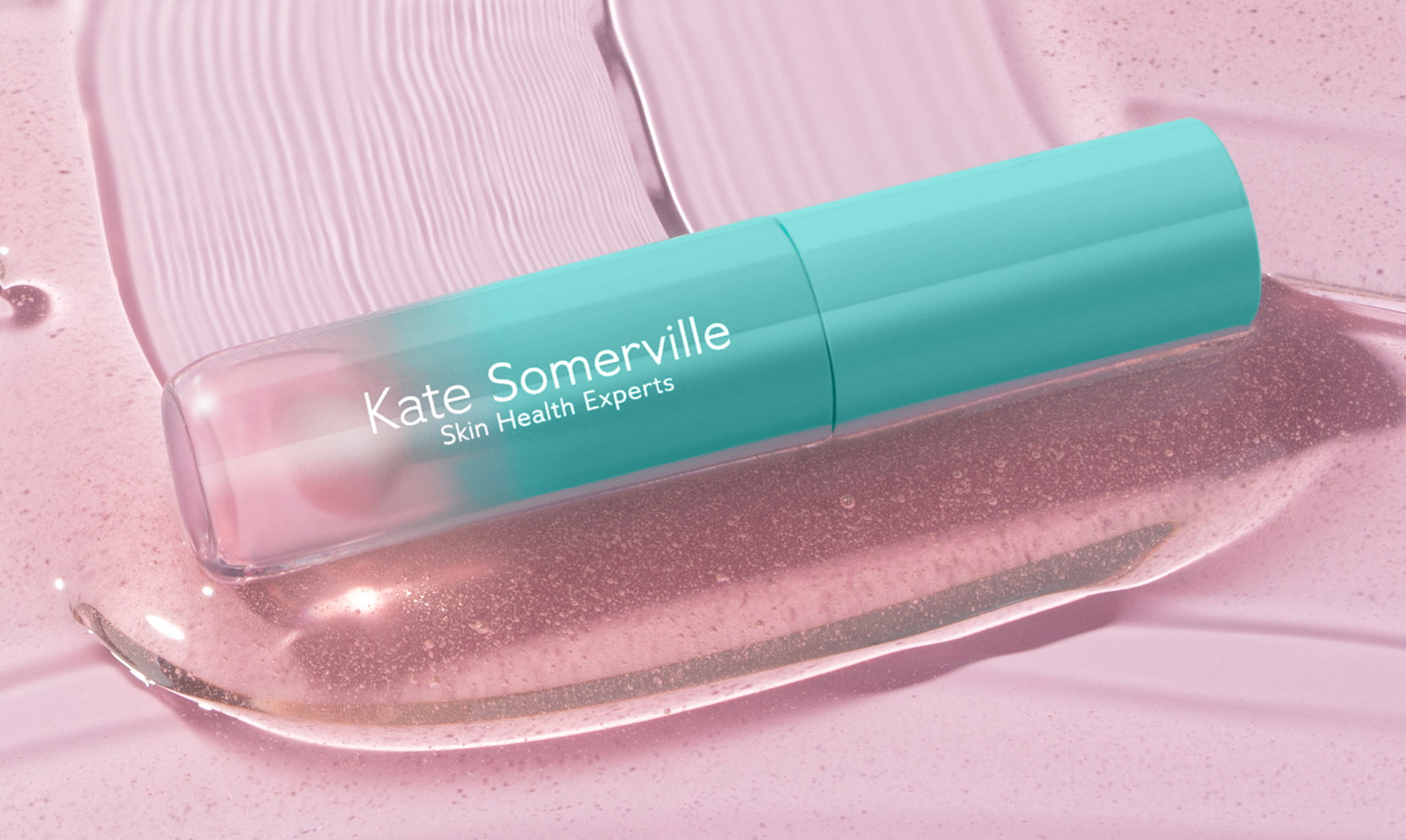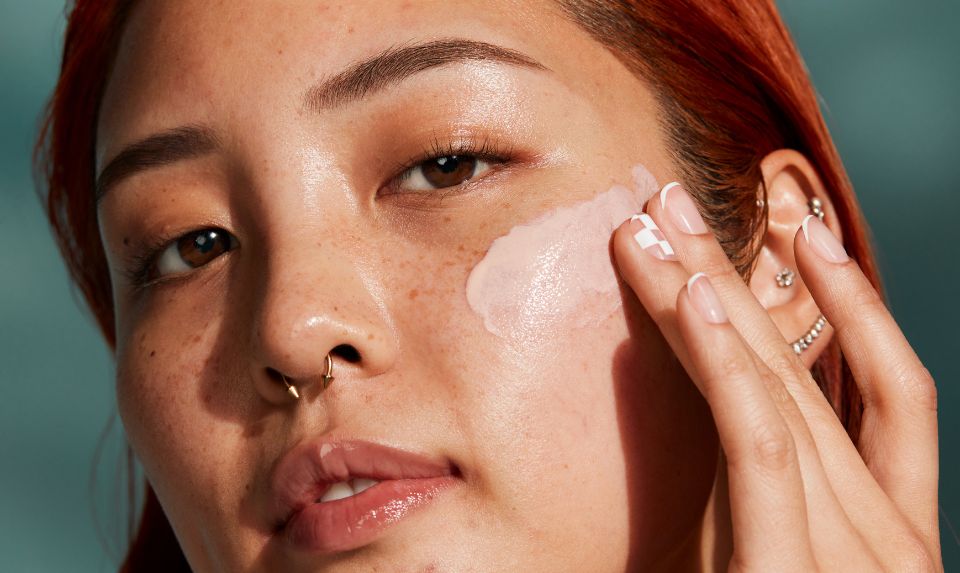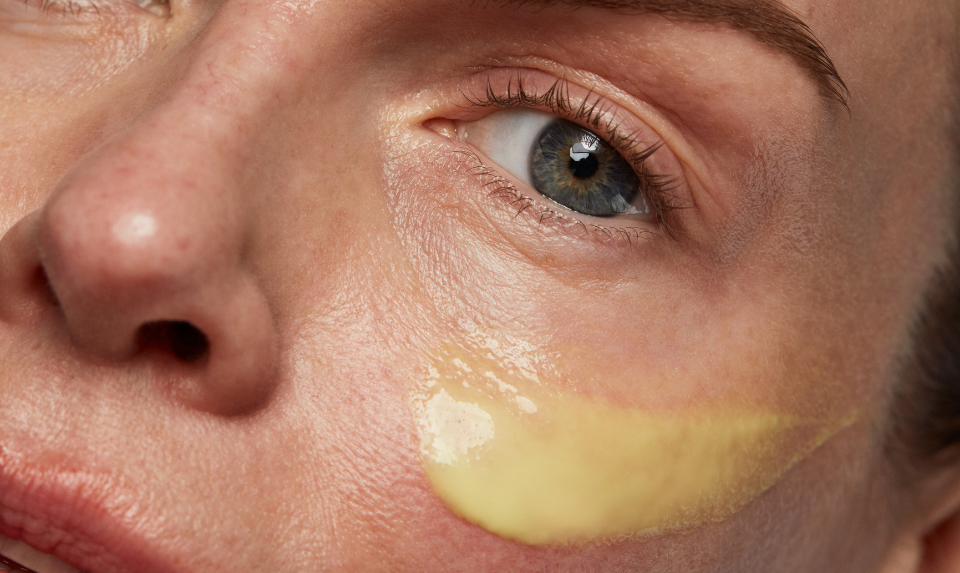4 Remedies Good for Helping and Preventing Sunburn
Seasoned skincare enthusiasts can totally rock those awkward tan lines, but sunburn pain? That might look (and feel) less-than-stylish.
Even though tender, irritated skin (and the requisite “Uh-oh” in the dressing room mirror) can happen to the best of us, sunburn can blemish even the most perfect summer day.
But you’re in luck: in this guide, our Skin Health Experts cover 4 antidotes that can help you find post-burn relief, plus preventative measures for skipping sunburns entirely.
Sunburn Do’s: 4 Calming Ingredients for Finding Sunburn Relief
What helps sunburn that you can easily do at home? The best ingredients for soothing sunburned skin could be hiding in the back of your pantry—and when refined with clinically proven formulas, they may prove even more powerful for helping to restore scorched skin.
Let’s take a look at four ingredients behind some of the best skin-saving products on the market.
#1. Oatmeal
Research shows that oatmeal contains natural anti-inflammatory and antioxidant properties, both of which can help restore the skin barrier that gets damaged by harmful UV rays. In clinical studies, oatmeal has been shown to reduce skin dryness, scaling, roughness, and itchiness.
Why it works:
- Anti-inflammatory properties help restore red, irritated skin that causes sunburn
- Antioxidative properties help restore skin damage more quickly
#2. Aloe Vera
Aloe vera grows plentifully in some of the planet’s hottest climates, so it’s no surprise this plant works wonders for soothing and cooling skin. But aloe does even more than calm sunburn warmth—it also contains powerful anti-inflammatory properties.
Why it works:
- Anti-inflammatory properties aid in restoring red, irritated, or inflamed skin
- Cooling properties soothe warm or hot skin from sunburn
- Helps restore the skin’s collagen production to aid restoration
#3. Cooling Cucumber
Cucumbers aren’t just excellent for salads and spa days—it might be one of the most versatile ingredients we have available to our skin. Cucumber’s unique mix of hydrating nutrients can swiftly help relieve the pain and sting of sunburned skin.
Why it works:
- Antioxidant properties help skin cells restore damaged skin barriers
- Analgesic properties act as a natural pain reliever
- Vitamin C and caffeine naturally rejuvenate the skin barrier
#4. Witch Hazel
This sunburn remedy has been making a comeback in organic skincare over the last few years, but this ingredient has been around for decades. Spritzing a witch-hazel face mist or using a witch hazel moisturizer can help soothe sunburn.
Why it works:
- Anti-inflammatory properties help reduce the acute symptoms of sunburn
- Anti-irritant properties can reduce pain, irritation, and itchiness caused by sunburn
Sunburn Don’ts: What Not To Do To Save Your Skin From Sunburn
Here are some quick no-no’s when it comes to keeping sunburn at bay for good:
- Use less than 1 ounce of sunscreen – Many people don’t apply enough sunscreen to truly protect the skin barrier effectively. The average adult needs about one ounce, or a shot glass’s worth, of sunscreen to adequately protect from UV rays.
- Treat obvious redness (but not your tan) – Whether you come home with a red sunburn or a deep bronze tan, both of these represent your skin’s reaction to UV damage. Remember, the melanin that produces a tan is also an immune system response. To that end, be sure to take care of both sunburned and tan skin by using hydrating, gentle skincare products designed for stressed skin to minimize redness and irritation.
- Postpone sun protection for later in life – Although we can heal sunburns (more on that in a bit), the damage left behind cannot be reversed. It can, however, be prevented with sunscreen and other preventative measures.
Sunburn Basics
Many of us have probably experienced sunburn before, but we don’t always consider how it can affect our skin in both the short- and long-term.
Sunburns are the result of your immune system’s reaction to damage caused by UV rays, which primarily come from the sun or tanning beds. There are two types of UV rays:
- UVA, which can cause premature skin aging and skin cancer
- UVB, which are responsible for sunburns
Can you get sunburned on cloudy days? Even on a cloudy day, skipping out on SPF or sun protection can expose you to UVB rays and cause sunburn. Some token sunburn symptoms include:
- Inflammation or swelling
- Dry or tight-feeling skin
- Irritated skin
- Warm or hot skin
How long does sunburn last? Depending on the extent of it, the sunburn would usually last 3 to 5 days. That may seem like a short amount of time, but constant UV exposure can result in long-term photodamage—one of the main causes of dull, devitalized skin.
Protecting your skin from both acute and chronic skin issues starts with putting your skin first today, so let’s explore some methods for sunburn prevention.
How To Prevent Sunburn
The most important thing you can do for your skin is to apply sunscreen every single day. It might feel like a tall order, but your skin will thank you with renewed, youthful resiliency.
Follow these tips for sunburn prevention:
- Look for broad-spectrum SPF to protect against both UVA and UVB rays
- Prioritize SPF 30 or above for maximum protection
- Use at least one ounce of sunscreen per person
- Apply on any area exposed to the sun throughout the day
- Use waterproof sunscreen at the pool or during exercise
Replenish and Restore Sunburned Skin with Kate Somerville
If you have sensitive skin, some of these home remedies might not work for you. As careful as we may be, sometimes sun damage is inevitable—which is why it’s so crucial to keep calming sunburn treatment on hand when they happen.
The DELIKATE® Recovery Cream and other products within the line prioritize natural ingredients to dote on your skin when it’s at its tenderest. From cucumber seed oil-enriched serum to fragrance-free recovery cream, each skin staple is designed specifically to soothe stressed-out skin.
Get started with our DELIKATE™ Try Me Kit today to treat your skin and breathe in goodness and exhale restoration.
Sources:
Skin Cancer Foundation. UV Radiation & Your Skin. https://www.skincancer.org/risk-factors/uv-radiation/
Yale Medicine. Photoaging (Sun Damage). https://www.yalemedicine.org/conditions/sun-damage
American Academy of Dermatology. Sunscreen FAQs. https://www.aad.org/media/stats-sunscreen
National Library of Medicine. Anti-inflammatory activities of colloidal oatmeal (Avena sativa) contribute to the effectiveness of oats in treatment of itch associated with dry, irritated skin. https://pubmed.ncbi.nlm.nih.gov/25607907/
The University of Minnesota. New study shows that oats may help combat inflammation. https://news.cehd.umn.edu/new-study-shows-that-oats-may-help-combat-inflammation/
National Library of Medicine. Antioxidants in Dermatology. https://www.ncbi.nlm.nih.gov/pmc/articles/PMC5514576/
National Library of Medicine. Aloin Suppresses Lipopolysaccharide-Induced Inflammatory Response and Apoptosis by Inhibiting the Activation of NF-κB. https://www.ncbi.nlm.nih.gov/pmc/articles/PMC6017010/
National Library of Medicine. Evaluation of a topical treatment for the relief of sensitive skin. https://www.ncbi.nlm.nih.gov/pmc/articles/PMC4524272/
National Library of Medicine. Free Radical Scavenging and Analgesic Activities of Cucumis sativus L. Fruit Extract. https://www.ncbi.nlm.nih.gov/pmc/articles/PMC3019374/
Healthline. Face Masks to Body Lotions: 12 Ways to Use Cucumber for Your Skin. https://www.healthline.com/health/beauty-skin-care/cucumber-for-skin
Healthline. 8 Benefits and Uses of Witch Hazel. https://www.healthline.com/nutrition/witch-hazel-benefits-uses



